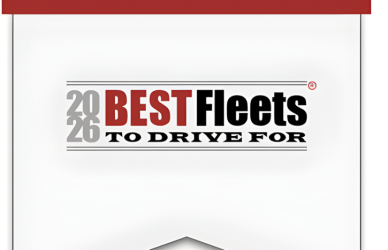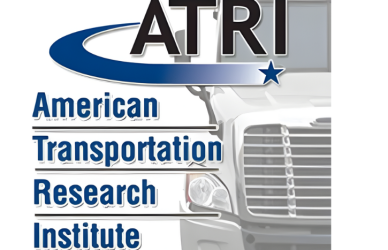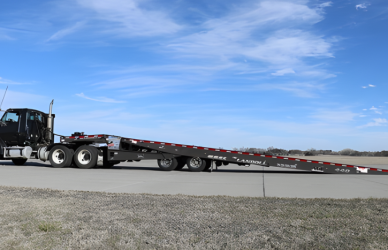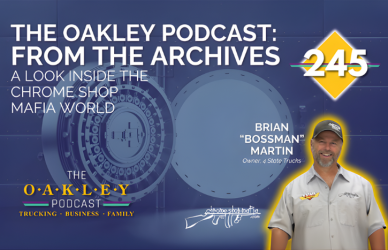An appointed task force from the U.S. Department of Transportation (DOT) is currently scrutinizing maintenance provisions within lease-purchase agreements, asserting that these clauses may establish a predatory revenue stream for motor carriers acting as lessors to owner-operators.
During a five-hour meeting on Jan. 18, the task force initiated an in-depth examination of contract terms that could impede owner-operators from covering maintenance costs for vehicles leased or purchased from motor carriers.
Regulators have tasked the members of the task force with investigating leasing agreements within the motor carrier industry to identify potential inequitable terms that “the frequency and quality of maintenance performed on subjected vehicles” and may adversely affect owner operators.
While the prevalence of such predatory lease-purchase agreements is yet to be established by the task force, a yearlong study by a U.S. government financial consumer group highlighted the widespread risk of truckers hastily signing agreements without a clear understanding of the incurred costs.
“Our problem is not necessarily always the language of the agreements themselves,” said Paul Cullen, an attorney and member of the task force. “The problems that occur also are with the motor carriers or the leasing companies’ failure to abide by the agreements.”
Certain lease-purchase agreements stipulate that the lease-purchaser is responsible for all repairs, maintenance, service, and upkeep, according to Jim Jefferson, Supervisor of Regulatory, Compliance, and Consumer Protection for the Owner-Operator Independent Drivers Association.
“All that responsibility falls on them to make sure that the truck is maintained,” Jefferson said.
The complexity of these agreements poses a significant challenge, especially for younger truck drivers who may lack familiarity with lease terms, expected income, potential deductions from their pay, or the inclusion of maintenance fees.
Committee members emphasize the need to differentiate between dishonest business practices and fair agreements that provide drivers with a genuine opportunity to establish their businesses.
“ATA believes that unscrupulous actors in our industry should be addressed, but painting all lease agreements as deceptive or worse is simply an inaccurate picture of industry business practices,” said Nathan Mehrens, vice president of workforce policy. “Efforts to root out deceitful lease agreements should not preclude carriers and drivers from entering into arrangements that preserve individuals’ opportunities to pursue their careers in the manner they choose.”
The task force is encouraging owner-operators and carriers to share their experiences and agreements related to maintenance challenges during a dedicated session at the Mid-America Trucking Show in late March.
Key questions the task force is seeking answers to include:
- Did you have sufficient time to read and comprehend the lease agreement?
- Were you given an opportunity to inspect the equipment covered in the agreement?
- Did you receive information about the vehicle’s history of damages?
- Was a lease-purchase your sole option?
- Were your responsibilities clear in case of a major breakdown?
- What are the primary challenges in your relationship with motor carriers?
- What aspects would you change about your relationship with your motor carrier?
“We have hit onto something very big,” said Steve Rush, task force chairman founder, and chairman of New Jersey-based Carbon Express. “No matter how you shake it out, the maintenance is critical to the safety of the highways and to the safety of everyone around a truck.”
Source: Transport Topics











